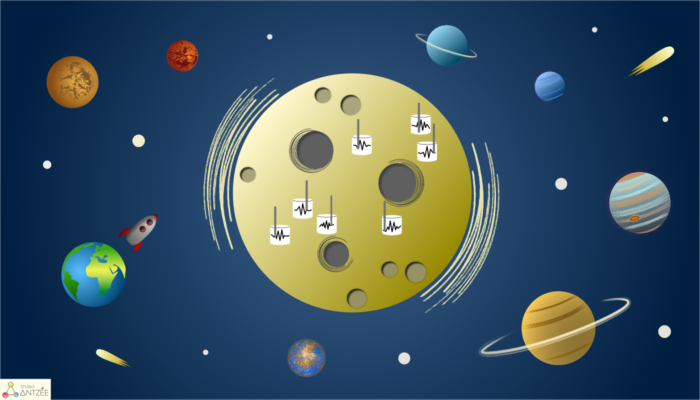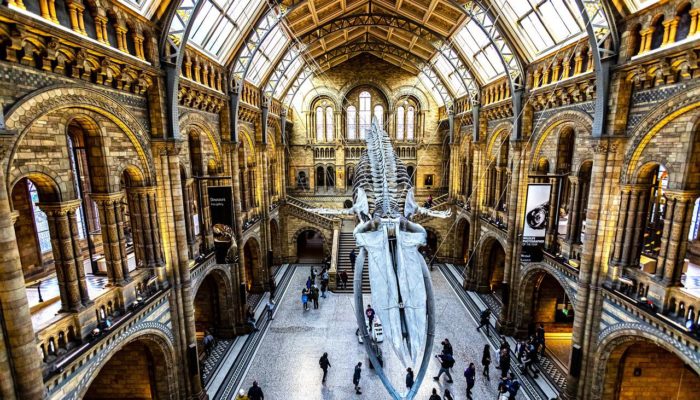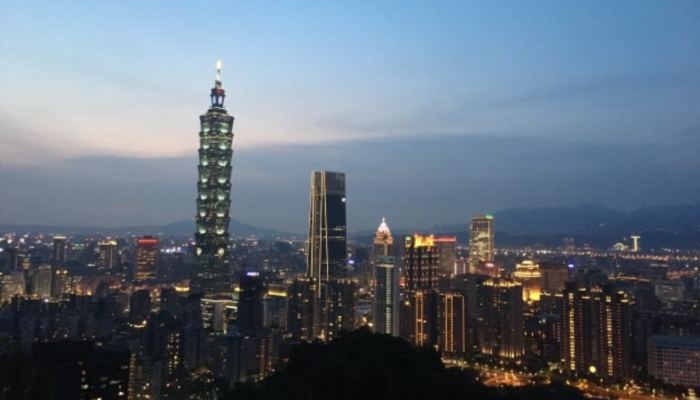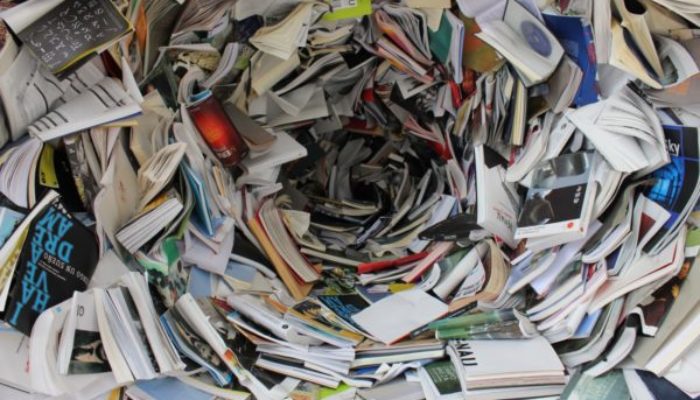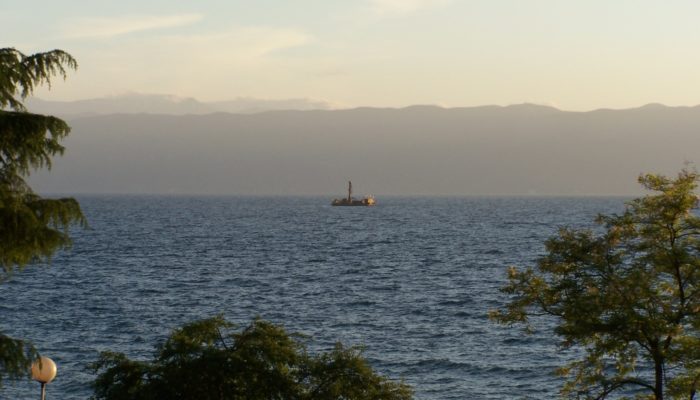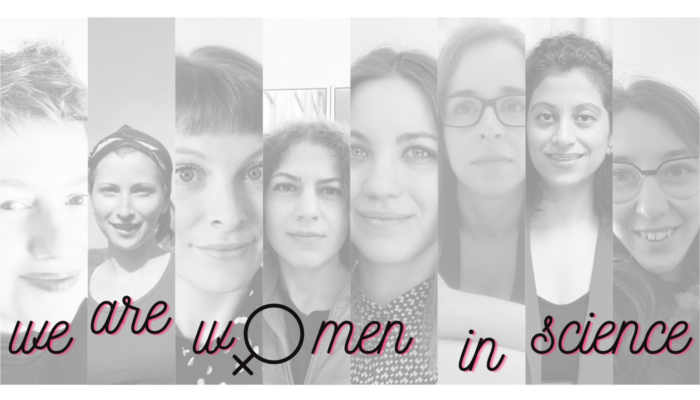The Moon is our nearest neighbour but despite its proximity to Earth its two faces are still veiled in mystery! This week PhD student Alice Turner from the University of Oxford explores deep lunar seismicity and what this can (or cannot!) tell us about the Moon’s interior and its near- & far-sides! Outlining the Earth and its Moon with seismicity Mapping out the locations of earthquak ...[Read More]
Geochemistry, Mineralogy, Petrology & Volcanology
GMPV for Sustainable Development – the role of Museums and Heritage
GMPV and The Sustainable Development Goals In 2015 all United Nations Member States adopted a set of Global Goals, as a universal call to protect our planet, end poverty and ensure that all people can enjoy peace and prosperity. These are called the Sustainable Development Goals – 17 integrated goals aimed at addressing the challenges our society is currently facing considering social, economic, a ...[Read More]
Cryospheric Sciences
Taiwan’s Icy Past
The beautiful island of Taiwan (as given by its colonial name, Ilha Formosa) is primarily known for its lush tropical forests, delicious culinary cuisine, bubbling hot springs, and a bustling cityscape. But, what does Taiwan have to do with the cryosphere? Before you resist the urge to leave and get a bubble tea, read on to find out about Taiwan’s cryospheric past! From cities to mountains Taiwan ...[Read More]
Tectonics and Structural Geology
TS Must-Read – Brun (1999): Narrow rifts versus wide rifts: inferences for the mechanics of rifting from laboratory experiments
In 1999 Jean-Pierre Brun published his Must-Read paper about rifting, in which he reviews fifteen years of laboratory experiments at Geosciences Rennes. In a brief introduction the paper reminds the reader of the two main rift types: narrow rifting as the preceding stage for continental break-up, and wide rifting that occurs after cessation of convergence. The article introduces some key differenc ...[Read More]
Geodynamics
What to expect from EGU22: hybrid General Assembly
This year, the EGU General Assembly 2022 (EGU22) will be in hybrid form, with on-site events in Vienna (returning after three years of absence), while at the same time introducing new concepts to include virtual attendees as much as possible. With the hybrid conference looming in just a few weeks, it’s time for all attendees to finish (or start..) their scientific contributions and figure out how ...[Read More]
Stratigraphy, Sedimentology and Palaeontology
Does half-precession influence European climate?
What is half-precession? In the first half of the 20th century, the Serbian researcher Milutin Milanković described the periodic changes of the Earth’s orbit around the Sun. In recent decades, changes in these Milanković cycles have been shown to have an impact on global climate, and information about this is preserved in geologic records through sedimentological processes. Today we can stud ...[Read More]
Geodynamics
The Sassy Scientist – Take Some Time Off!
Yo Han feels the need to please everyone. His collaborators, supervisor, office mates, faculty staff and his family (they’re low on the list though). Overly ambitious yet with the weight of the world on his shoulders, he sighs: How can I feel less pressure in my work? Dear Yo Han, Don’t worry so much. I know it’s a stupid answer, and some people just seem to not be able to take t ...[Read More]
Natural Hazards
“This is a man’s world” – Challenges in being women in science
Gender equality is a fundamental human right and a basis for building a peaceful and sustainable future for our society. It has been identified by the United Nations as one of the seventeen urgent goals – the so-called Sustainable Development Goals – to be achieved by all countries to ensure sustainability on a global scale [1]. #genderequality is a hashtag used (and overused) to tag millio ...[Read More]
Geodynamics
Join the EGU GD Blog Team!
We are looking for new blog team members for the new ‘EGU year’ (June 2022 – June 2023)! By being part of the blog team, you will have the opportunity to meet lots of people from the geodynamics community and beyond and boost your own profile. This year, we are looking for many different kinds of contributions, so have a look below and see if anything sparks your interest! Intere ...[Read More]
Seismology
“State of the ECS”: It’s that time of year again – EGU 22!
Hello everyone! Matthew here, writing this as I’m on my way to my first in-person conference in over two years. Speaking of first in-person conferences in over two years… EGU 22 is fast approaching, and the excitement is palpable! Your friendly, multi-neighbourhood EGU Seismology Division ECS Reps (bit of a mouthful) have pulled together a few thoughts on their hopes and dreams for this year ...[Read More]

